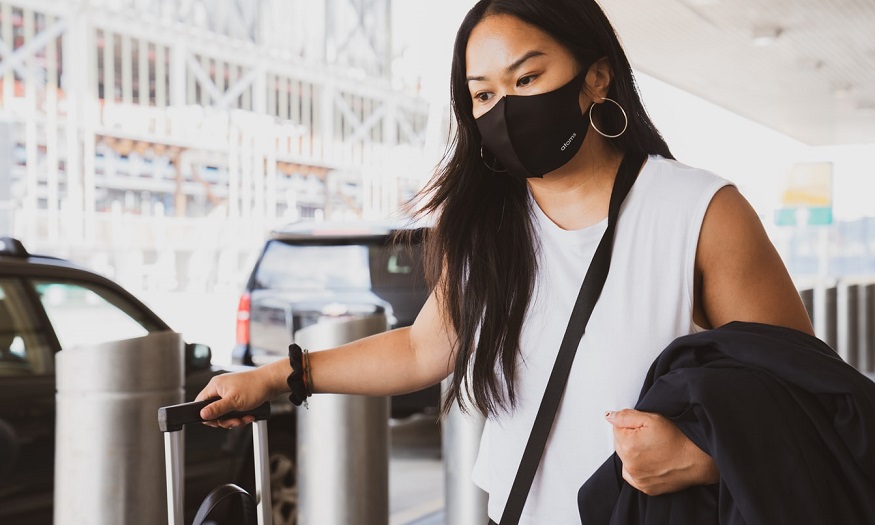A recent Squaremouth.com analysis showed that nearly all travelers buying coverage include that option.
The COVID-19 pandemic crisis has had an astounding impact on the travel industry, including the trend toward purchasing trip cancellation insurance.
Following the global lockdowns, purchased travel policies now nearly always include options to cancel.
The analysis was conducted by Squaremouth.com. That firm reported that among all the travel policies it has sold for 2021, about 95 percent include trip cancellation insurance.
“Trip cancellation has always been the primary driver of travel insurance purchases,” said Megan Moncrief, CMO at Squaremouth. However, she also pointed out that the figure has seen substantial growth as a result of the ongoing pandemic. “We’ve seen this number range from 80 – 90% of our sales, but never this high.”
To conduct its analysis, it examined the purchases that have taken place since the pandemic began. The increase in this particular type of coverage reflects the mindset of American travelers still willing to travel. While they are either unwilling or unable to give up their travel, they are still apprehensive about the safety and the likelihood that their travel will occur when it comes time to leave.
The largest increase in trip cancellation insurance is in the Cancel for Any Reason category.
That type of travel policy coverage rose by 200 percent in trips booked for 2021, when compared to what would occur in a more typical travel year before the pandemic set in.
Travelers have upgraded their policies to this degree despite the fact that it usually increases the price of the coverage by about 40 percent. Still, it provides travelers the peace of mind of knowing that it offers the best opportunity to recover costs if they should need to stop their travel for any reason. Usually, this means that they will be able to recoup as much as 75 percent of what they paid, regardless of the reason they would be required to cancel.
 Trip cancellation insurance became particularly popular when insurers updated their policies following the onset of the pandemic, limiting standard travel coverage relating to COVID-19 issues.
Trip cancellation insurance became particularly popular when insurers updated their policies following the onset of the pandemic, limiting standard travel coverage relating to COVID-19 issues.

